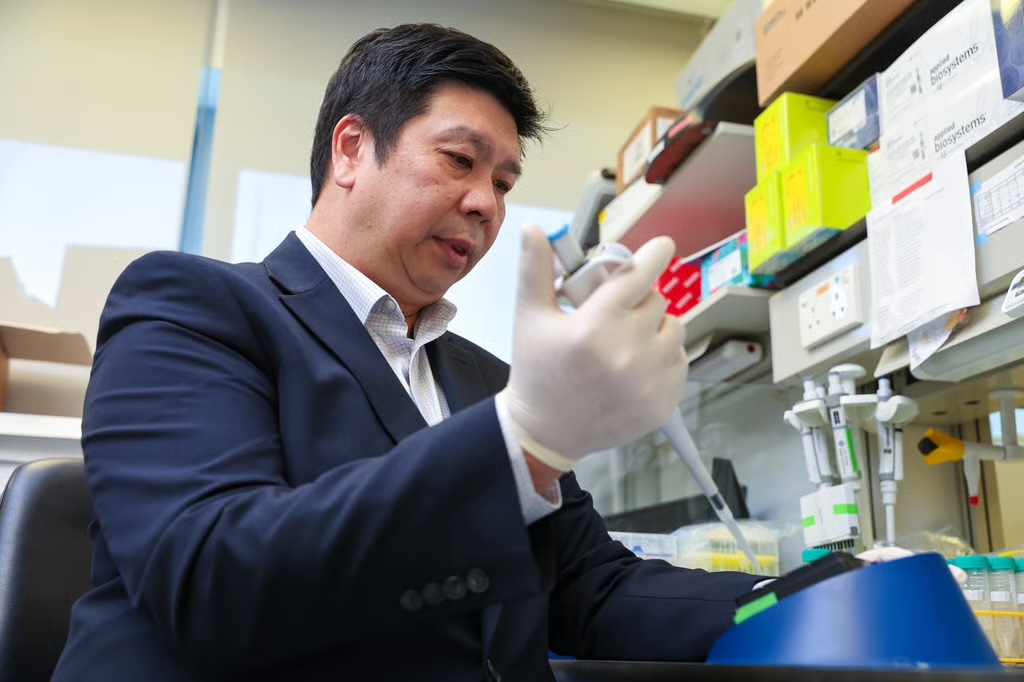Researchers at the University of Hong Kong (HKU) are working to combine 3D-printed respiratory tissue with lab-grown organoids to create functional airways for burn victims. Professor Michael Chan Chi-wai from HKU’s Centre for Immunology and Infection leads the team developing personalized 3D-printed airways using organoids grown from patients’ own cells collected through oral swabs. The research aims to address limitations of current 3D printing technology, which can create airway structures but lacks the cellular components needed for proper function.

According to the US National Library of Medicine, inhalation injuries affect an estimated 10 to 20 percent of all burn patients admitted to hospitals. “Airways are one of our strengths and an area we have dedicated significant time to. When people suffer from burn injuries, they may need to reconstruct their airway,” Chan said. Current surgical repair methods include repairing lacerations, removing damaged tissue, and reconnecting healthy tissue ends.
The HKU team’s approach involves embedding advanced organoids into 3D-printed tissue structures. While some companies have successfully embedded basic basal cells onto 3D-printed airways, Chan noted that more sophisticated cells are needed for essential functions like creating hairlike structures to move mucus or producing mucus itself. “Our organoids are able to perform these functions, so we hope to put them in the 3D-printed airway,” he said.
HKU has partnered with Japanese conglomerate Hitachi to develop an automated machine for organoid production. The machine can process 128 samples simultaneously, compared to the previous manual method where each of Chan’s 20 team members could only handle one patient’s organoids at a time. “Now, it can help us manage the organoids by feeding them,” Chan explained, noting that the manual process was “very labour-intensive” and “complicated.”
The university has established a spin-off company called C2iTech that specializes in personalized organoid cultivation. Beyond transplant applications, the organoids are being used to predict patient reactions to diseases, medicines, and vaccines, with pharmaceutical companies purchasing them for drug testing. “Organoids can be used to see if a certain medicine is effective for you. This is what we call personalised medicine,” Chan said.
Source: scmp.com

